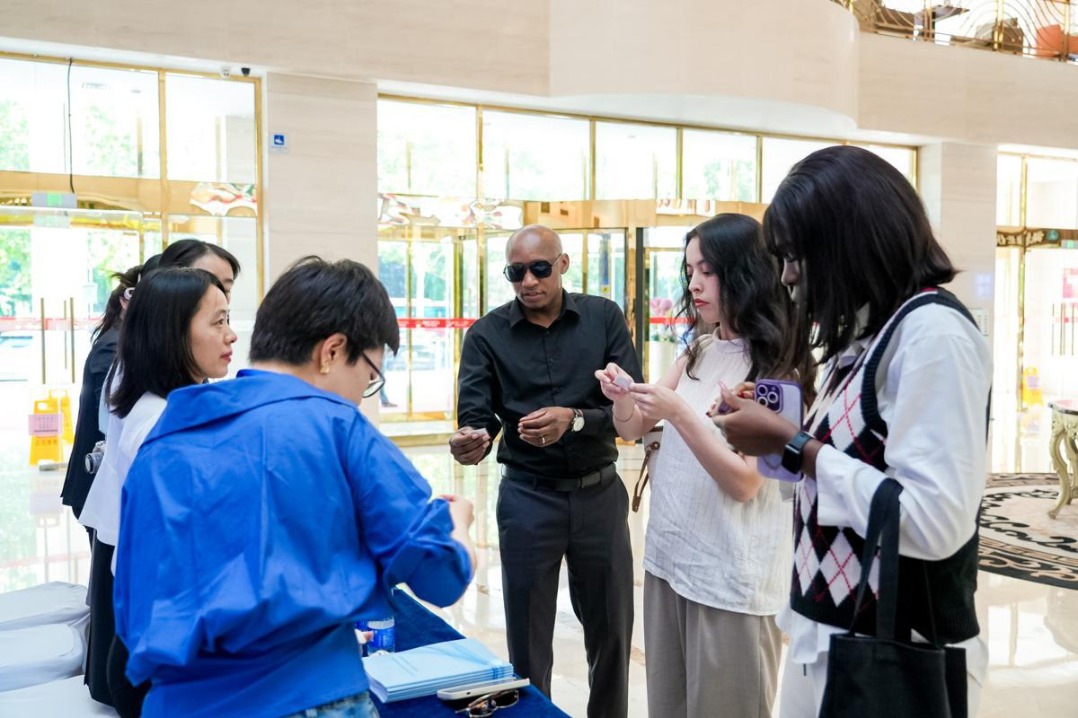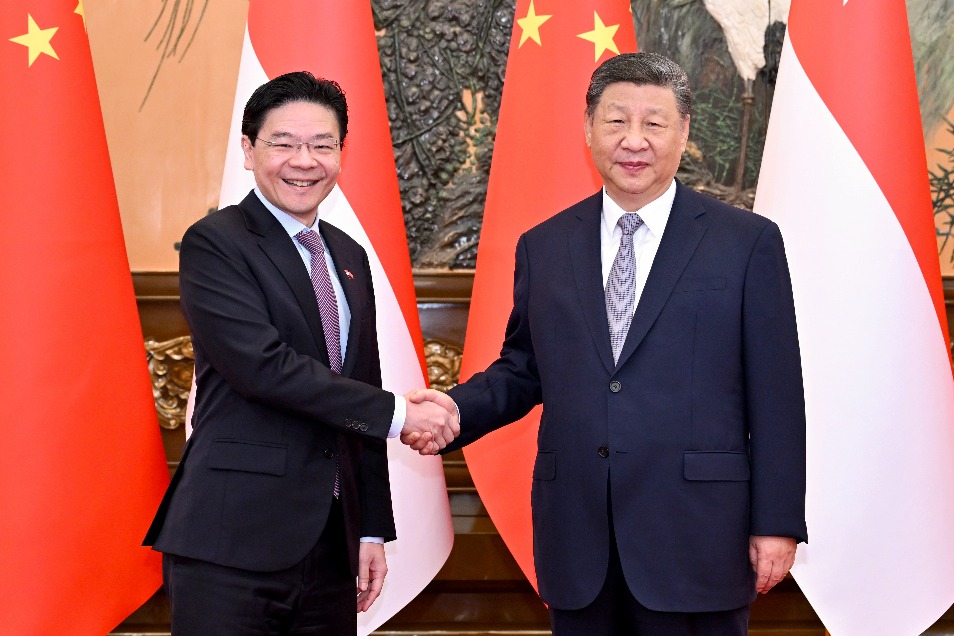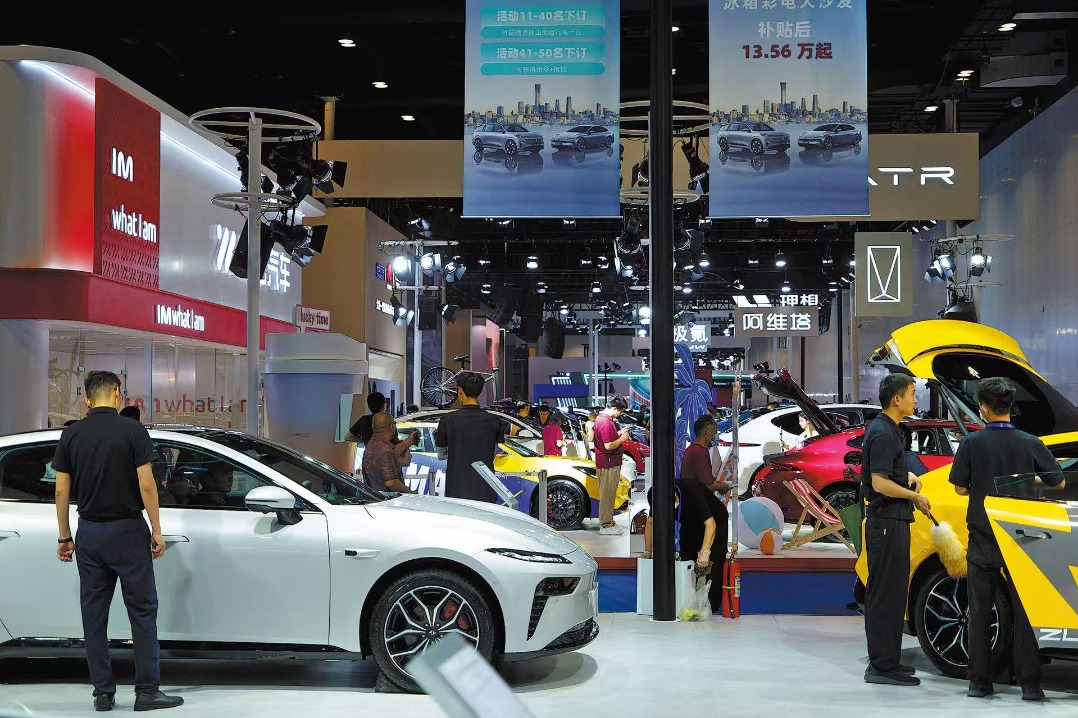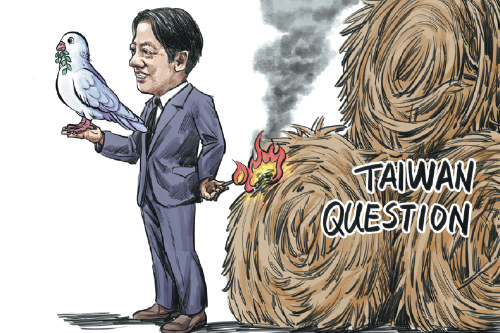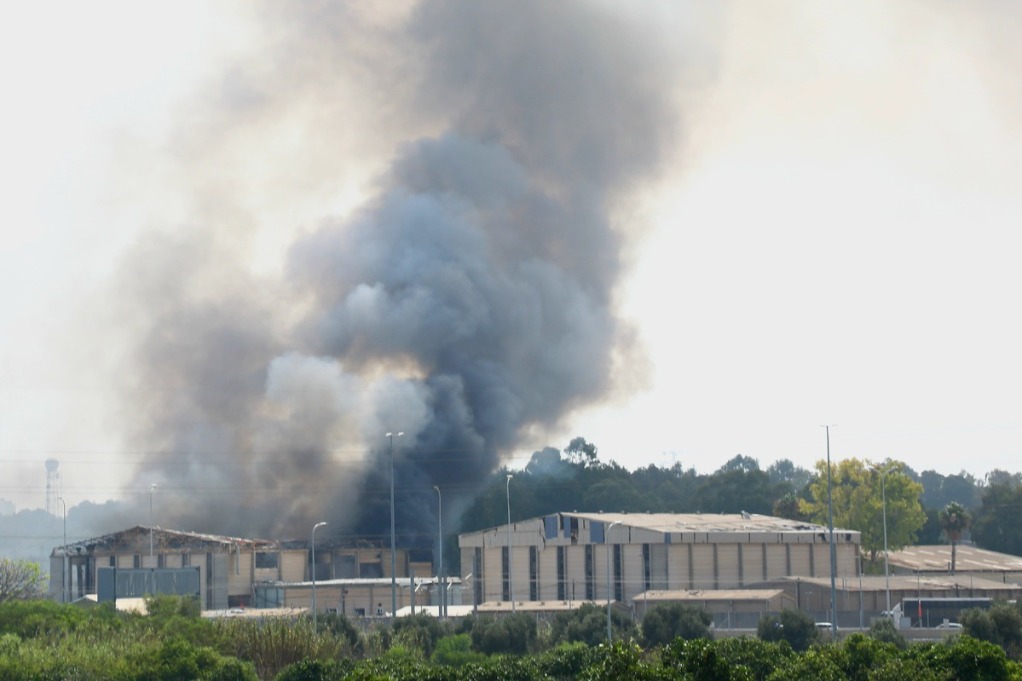Lai's speech will drag Taiwan into severe crisis

Lai twisting history to justify separation
On June 22, Lai Ching-te once again exposed his hardline separatist agenda. Cloaked in the language of "democracy" and "identity", his speech was, in essence, a high-profile attempt to stoke confrontation across the Taiwan Strait while serving the short-term political needs of his party. Beneath the surface of campaign rhetoric lies a clear motive: to fabricate ideological justification for "Taiwan independence" and to undermine peace and stability in the region.
Lai's speech brazenly denied the historical and legal fact that Taiwan is an inseparable part of China. He not only rejected universally acknowledged history but also attempted to rewrite it by invoking misleading theories such as the so-called "Austronesian origins" of Taiwan. What he failed to mention is that modern archaeological, ethnological, and linguistic research all point to the mainland as the origin of Austronesian-speaking peoples. The presence of these groups in Taiwan is itself a product of historical migration and exchange across the Strait—solid evidence that Taiwan has always been part of China.
By ignoring the undeniable ties — political, cultural, and demographic — between the island and the mainland, Lai is not preserving history. He is weaponizing a false narrative to serve a separatist agenda.
Lai also manipulated Taiwan's anti-colonial past, referencing resistance against Japanese imperial rule. Yet he conveniently omits that such resistance was a shared struggle by Chinese people across both sides of the Strait. Turning patriotic memory into a tool for separatist propaganda is not only a distortion — it is a betrayal of the very spirit of those who fought for China's dignity and unity.
Lai's rhetoric further collapsed when he twisted international law to suit his agenda. He deliberately misrepresented UN General Assembly Resolution 2758, which clearly confirms that there is only one China and that the People's Republic of China is its sole legal representative at the UN. There is no room for "two Chinas" or "one China, one Taiwan".
Moreover, binding legal documents such as the 1943 Cairo Declaration and the 1945 Potsdam Proclamation — agreed upon by the Allied powers — confirmed that Taiwan, once occupied by Japan, was to be returned to China. These documents remain part of the legal basis for the postwar international order. Japan's surrender and China's recovery of Taiwan in 1945 sealed this legal and historical reality.
Even the UN Secretariat's Office of Legal Affairs has stated clearly that Taiwan as a province of China with no separate status. In practice, the UN refers to Taiwan as "Taiwan, Province of China".
Lai's attempt to cherry-pick legal interpretations while ignoring these facts only further weakens his argument—and exposes its illegitimacy.
Perhaps the most dangerous element of Lai's speech is his reliance on foreign backing, particularly from the United States. This tactic of "seeking independence by leaning on external forces" has long been a recipe for instability. It serves neither Taiwan's interests nor the region's peace.
US policymakers have made clear — through both words and actions — that Taiwan is often seen as a bargaining chip, not a true partner. Recent developments such as the forced relocation of TSMC's advanced chip manufacturing to the US — turning it from "Taiwan semiconductor" into "American semiconductor"— illustrate how strategic dependence can become strategic vulnerability.
When the geopolitical costs rise, Taiwan may be abandoned just as quickly as it is embraced. History has taught us this painful lesson more than once.
In sum, Lai's speech was not a vision for peace or democracy. It was a declaration of division—an ideological cocktail of historical denial, legal distortion, and foreign dependence. If left unchecked, such rhetoric risks pushing Taiwan further into isolation and conflict.
Ultimately, the future of Taiwan lies not in confrontation, but in cooperation and dialogue. Lai's attempt to hijack the island's destiny for partisan gain will not be remembered as a democratic triumph — but as a dangerous detour from peace.
History will judge him — and so will the people on both sides of the Strait.
Zhong Houtao is an associate professor at the School of National Security, University of International Relations.


















